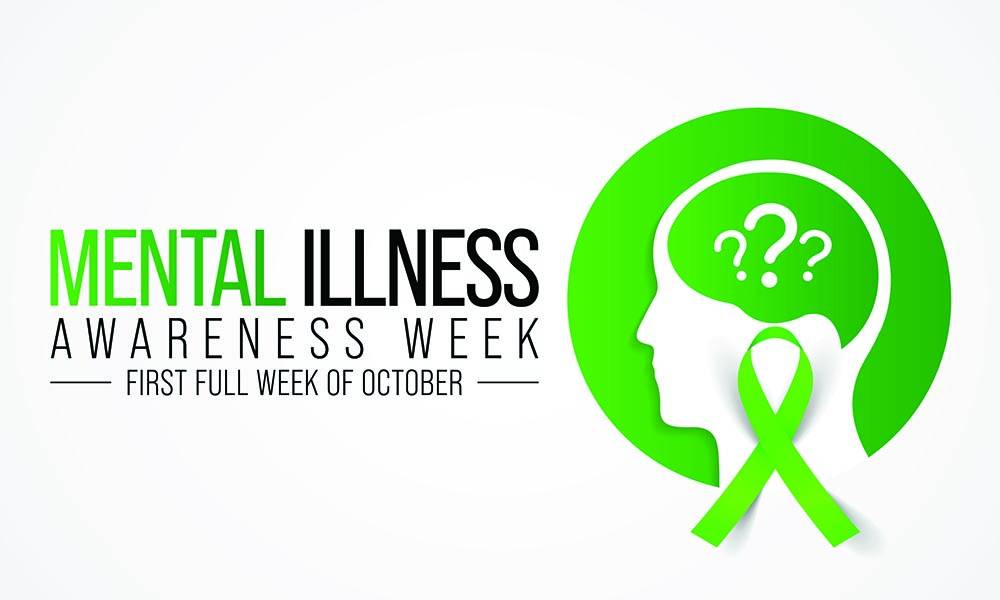Mental Health Awareness: A Crucial Conversation
Mental health awareness has emerged as a vital component of overall well-being in today's society. As more people openly discuss mental health, the stigma surrounding mental illness is gradually eroding, yet there remains much work to be done. Promoting mental health awareness is essential for fostering understanding, reducing stigma, and ensuring access to the support and treatment individuals need to lead fulfilling lives.
The Importance of Mental Health
Mental health refers to our emotional, psychological, and social well-being. It influences how we think, feel, and act in our daily lives. Good mental health allows us to handle stress, relate to others, and make decisions. Poor mental health, on the other hand, can manifest as various mental health disorders such as depression, anxiety, bipolar disorder, and others. These conditions can affect individuals’ ability to function in everyday life and have a profound impact on their relationships, work, and physical health.
The significance of mental health awareness lies in the fact that mental illnesses are prevalent but often underreported. According to the World Health Organization (WHO), approximately 1 in 4 people will experience mental health issues at some point in their lives. Despite its commonality, many people still avoid discussing their mental health due to shame, misunderstanding, or fear of judgment. Mental health awareness aims to dismantle these barriers, encouraging individuals to seek help without fear of stigma.
Reducing Stigma and Misunderstanding
One of the biggest obstacles to mental health care is the stigma associated with mental illness. Stigma manifests in many ways, from societal judgment to internalized shame. People with mental health conditions often face discrimination, which can deter them from seeking help or confiding in others. Awareness campaigns aim to educate the public about mental health, challenging stereotypes and debunking myths. Understanding that mental illness is not a weakness or a character flaw but a medical condition that requires care is essential for fostering a supportive environment.
Moreover, increased awareness helps individuals recognize early signs of mental health issues. Mental illnesses often go untreated because people fail to recognize the symptoms or are unaware of available treatment options. By providing education on mental health symptoms, such as prolonged sadness, anxiety, changes in sleep patterns, or difficulty concentrating, awareness efforts empower people to seek help early, preventing more severe consequences down the road.
Access to Support and Resources
Mental health awareness also plays a critical role in improving access to care and resources. Many individuals may not know where to turn for help when facing mental health challenges. Awareness campaigns often highlight the availability of hotlines, counselors, therapy options, and community support groups, ensuring that people know help is within reach. For instance, organizations like the National Alliance on Mental Illness (NAMI) and the Crisis Text Line offer immediate, accessible support for those in need.
Additionally, raising awareness can influence public policy and healthcare practices. Advocacy for mental health funding and expanded services can lead to better mental healthcare infrastructure, ensuring that more people have access to affordable treatment. In many countries, mental health services are underfunded, which means that raising awareness could also drive the push for systemic changes.
Encouraging Self-Care and Prevention
Awareness also promotes the importance of self-care in maintaining mental health. Simple practices such as mindfulness, exercise, proper sleep, and talking about one’s feelings can help prevent mental health issues from escalating. Education around mental health encourages people to prioritize their mental well-being, just as they would their physical health.
Conclusion
Mental health awareness is more important now than ever. As mental health issues continue to affect millions of people globally, raising awareness can help reduce stigma, promote understanding, and increase access to the resources people need. Through education, advocacy, and open conversations, we can create a world where mental health is prioritized and everyone feels empowered to seek the help they deserve.



No comments yet
Be the first to share your thoughts!